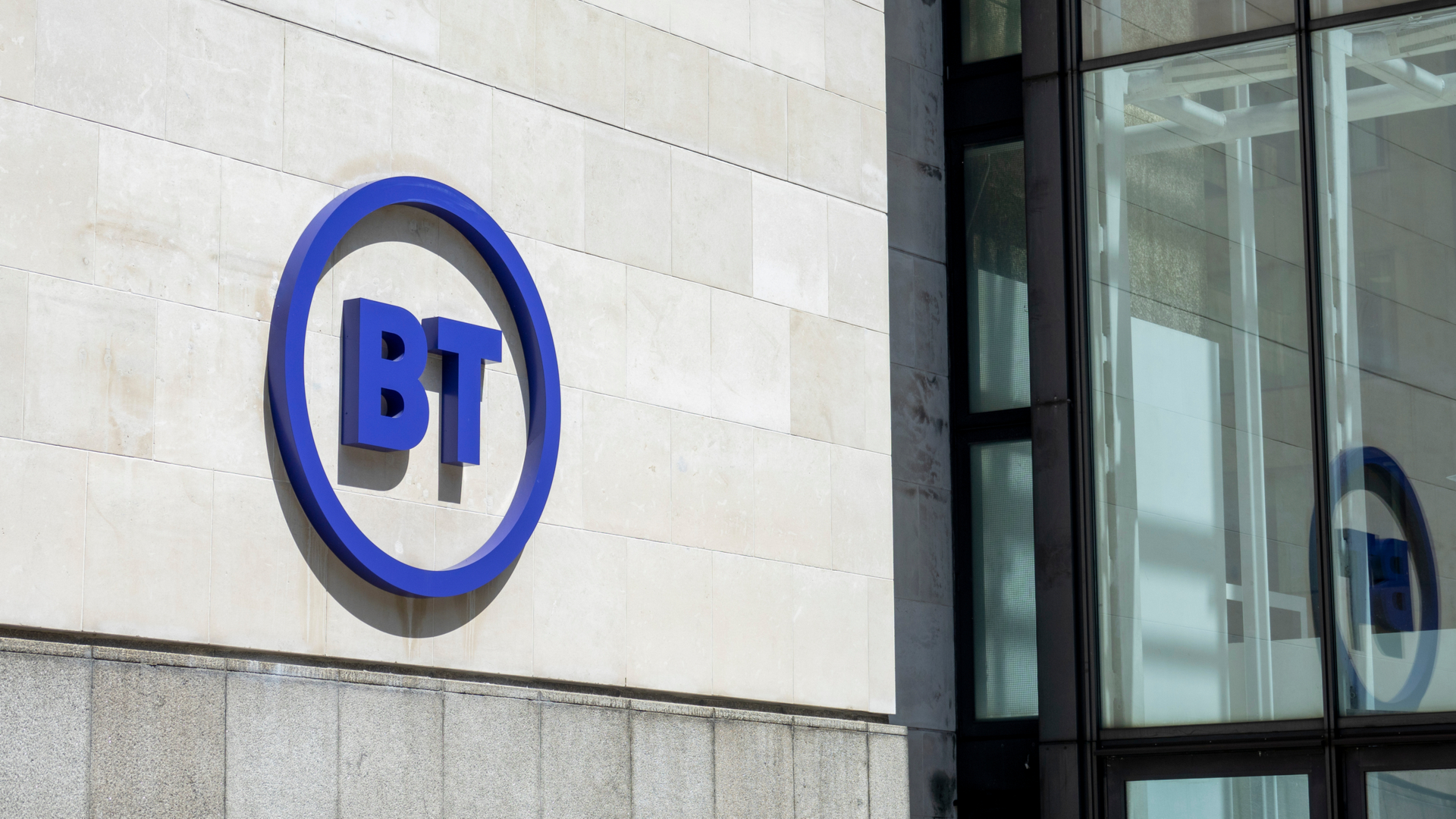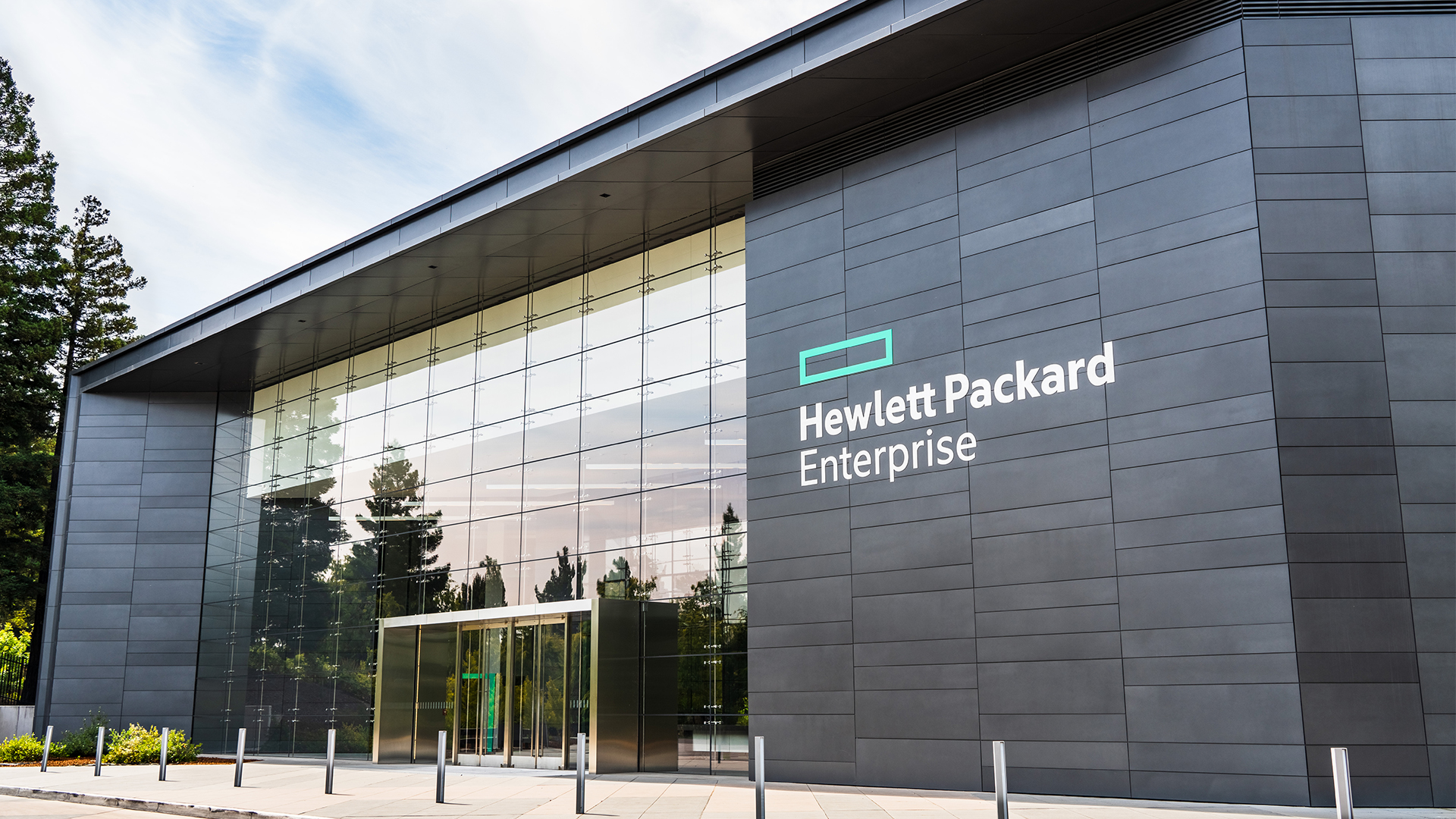BT conducts 'world's first' trial of quantum-secure communications
The achievement was made possible using hollow-core fibre cable provided by a Southampton Uni startup


BT has announced that it had conducted the world’s first trial of Quantum Key Distribution (QKD) over hollow-core fibre cable.
QKD technology can be used to conduct ultra-secure communications with reduced latency and no appreciable crosstalk, allowing it to be used in a number of applications, including Data Centre Interconnects (DCIs), edge and 5G xHaul.
Trials of the technology began in June at BT’s research and engineering campus in Adastral Park, Ipswich. Today, the company has announced that its researchers managed to successfully operate a state-of-the-art QKD system.
BT’s achievement was made possible using a six-metre-long cable provided by Lumenisity Limited, a startup rooted in Southampton University. The cable has a hollow, air-filled centre, allowing signals to be transmitted over quantum light on a single photon channel, as opposed to solid pieces of glass used in optical fibre communications.
Lumenisity’s Sales and Marketing VP Tony Pearson, said that the company is “excited to be identifying new applications for our field-deployable CoreSmart cable solutions and working with the BT team on the first trial in the world of this kind”.
“This milestone further accentuates not just the capability of our hollow-core cable solutions, offering low latency and high bandwidth, but also demonstrating the potential CoreSmart has in new applications thanks to ultra-low non-linearity and dispersion across a broad spectrum, perfect for networks operated by our Carrier partners,” he added.
RELATED RESOURCE

The new leadership mindset for data and analytics
How to grow your data and analytics talent, empowering a data culture from the inside out, and more
The QKD system used in the trial was provided on loan by the EU OpenQKD project, which is also helping conduct tests of quantum communication infrastructure in Austria, Czech Republic, France, Germany, Greece Italy, Netherlands, Poland, Spain, and Switzerland. However, the trial conducted by BT in the UK is the first of its kind.
Sign up today and you will receive a free copy of our Future Focus 2025 report - the leading guidance on AI, cybersecurity and other IT challenges as per 700+ senior executives
BT’s head of Optical Network Research, Professor Andrew Lord, described the achievement as “a critical advancement for the future of secure communications”.
“This is an exciting milestone for BT, accelerating the UK’s lead in quantum technologies that will play an important role in future communications systems globally. We’ve proven a range of benefits that can be realised by deploying hollow-core fibre for quantum-secure communication,” he said.
Having only graduated from City University in 2019, Sabina has already demonstrated her abilities as a keen writer and effective journalist. Currently a content writer for Drapers, Sabina spent a number of years writing for ITPro, specialising in networking and telecommunications, as well as charting the efforts of technology companies to improve their inclusion and diversity strategies, a topic close to her heart.
Sabina has also held a number of editorial roles at Harper's Bazaar, Cube Collective, and HighClouds.
-
 The open source ecosystem is booming thanks to AI, but hackers are taking advantage
The open source ecosystem is booming thanks to AI, but hackers are taking advantageNews Analysis by Sonatype found that AI is giving attackers new opportunities to target victims
-
 Westcon-Comstor enters Balkan market with REAL Security acquisition
Westcon-Comstor enters Balkan market with REAL Security acquisitionNews The acquisition gives the distribution giant immediate access to an established partner ecosystem spanning eight Balkan markets
-
 Russian hackers are using an old Cisco flaw to target network devices – here’s how you can stay safe
Russian hackers are using an old Cisco flaw to target network devices – here’s how you can stay safeNews With the aim of carrying out espionage, Russia's Center 16 is targeting infrastructure organizations around the world
-
 HPE eyes enterprise data sovereignty gains with Aruba Networking Central expansion
HPE eyes enterprise data sovereignty gains with Aruba Networking Central expansionNews HPE has announced a sweeping expansion of its Aruba Networking Central platform, offering users a raft of new features focused on driving security and data sovereignty.
-
 Fortify your future: How HPE ProLiant Servers deliver top-tier cyber security, management, and performance
Fortify your future: How HPE ProLiant Servers deliver top-tier cyber security, management, and performanceWhitepaper Deploy servers with a secure approach
-
 Fortify your future with HPE ProLiant Servers powered by Intel
Fortify your future with HPE ProLiant Servers powered by IntelWhitepaper Enhance your security and manage your servers more effectively
-
 Architecting enterprise networks for the next decade
Architecting enterprise networks for the next decadeWhitepaper A new paradigm in network architecture
-
 Why network monitoring tools fail within secure environments
Why network monitoring tools fail within secure environmentsWhitepaper Gain visibility into devices, networks, and applications
-
 Better together: HPE Aruba Networking CX switches and HPE Aruba Networking Central
Better together: HPE Aruba Networking CX switches and HPE Aruba Networking CentralWhitepaper Explore the power and simplicity of managing HPE Aruba Networking CX Switches with HPE Aruba Networking Central
-
 Cyber-resilient infrastructure starts with server security
Cyber-resilient infrastructure starts with server securitywhitepaper Take a security-focused approach when investing in the next wave of IT infrastructure.
